Towards Peak Performance with Interval Training: The Effects of HIIT on Esports Performance
Physical training and electronic sports are often seen as opposing activities due to the inactive nature of esports. However, exercise and physical training have been found to bring positive contributions to the performance and cognitive function of competitive players. Kia Pakarinen, a sports physiologist who graduated from the JYU Faculty of Sport and Health Sciences, researched the acute effects of high-intensity physical performance on physiological stress responses and the performance of an esports athlete in the video game Counter-Strike: Global Offensive (CS:GO) for her master’s thesis. Pakarinen’s own passion for video games and electronic sports also served as motivation for the study, allowing her to utilize her expertise in exercise physiology and health.

So far the combination of physical exercise and competitive gaming has only been under a marginal research. Pakarinen wanted to be part of pioneering research that could promote quality electronic sports and the health of competitive players. She considers interdisciplinary research related to electronic sports very important: Esports is growing in popularity both as a business and as a serious hobby among young people, so research evidence related to mapping “good player paths” and preventing the harms of gaming is also very welcome from the perspective of the sports industry.
“There is also a need for broader follow-up studies that would deal with, for example, comparing different groups of players, the impact of different types of physical activity on game performance, or studies conducted from the perspective of an entirely different competitive game.
It would also be important to find ways to conduct studies naturally in real game and competition situations, as this particular study was conducted in a simulated gaming environment against stationary targets.”
Kia Pakarinen
Research setup
The research setup was replicated from a previous study related to esports performance (De Las Heras et al. 2020), to which physiological measurements such as heart rate variability and stress hormone secretion were added. The study group consisted of ten volunteer CS:GO players, whose physical performance and in-game performance markers were mapped during the study period. Depending on the model, the subjects performed either a high-intensity HIIT workout on a bicycle ergometer or sat resting on the ergometer. The research was executed in GamePit Pro, which is an esports and gaming facility located in main campus of Jamk University of Applied Sciences.
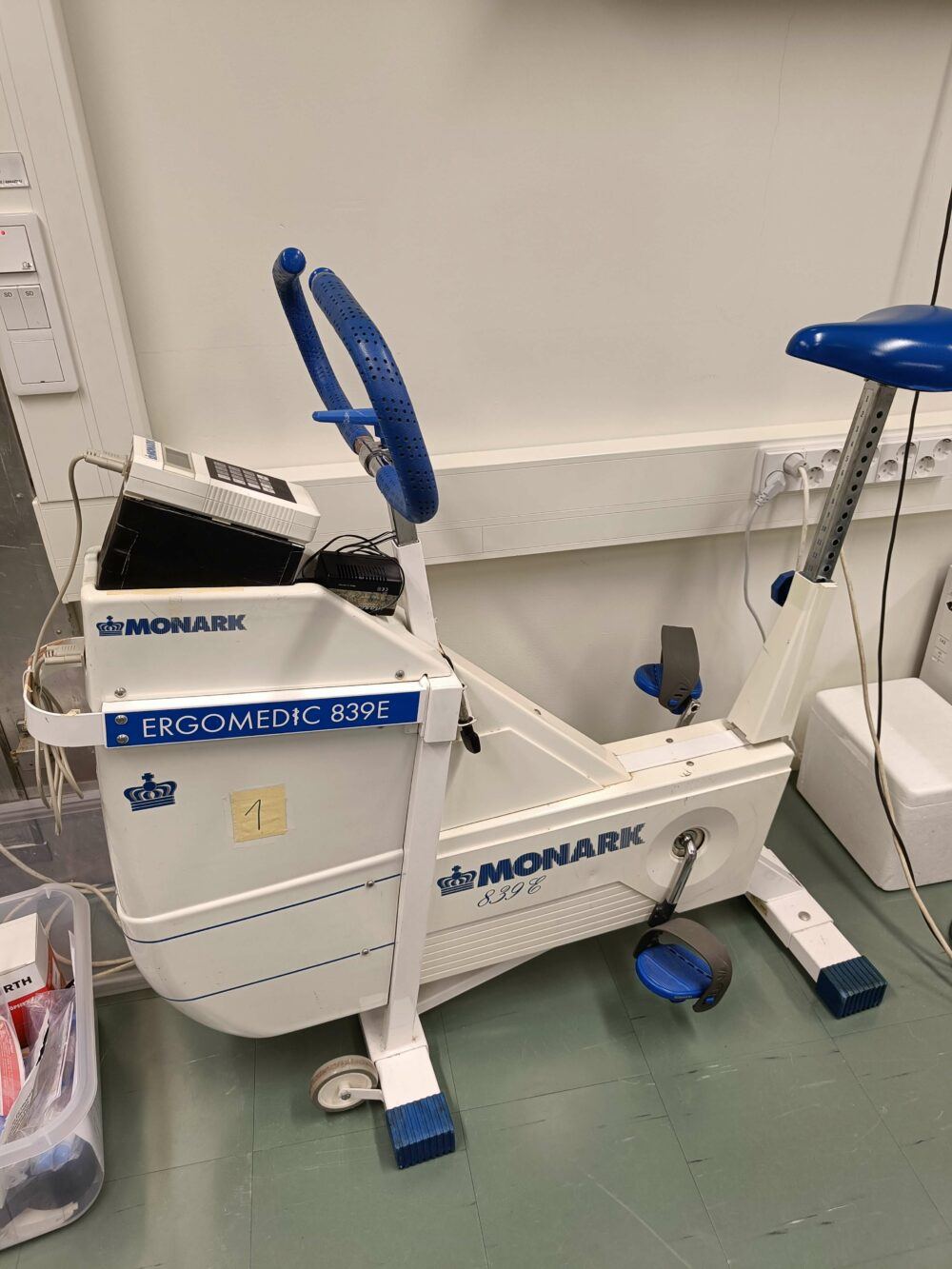
Cognitive recovery after the ergometric performance was carried out according to the replicated study by reading a book. Eventually, the subjects moved to play an internal precision training map in the CS:GO game, where in-game performance-related parameters were monitored. Physiological measurements were carried out by monitoring the players’ heart rates and heart rate variability during both performances. Saliva samples were also collected from the subjects to monitor their stress hormone responses.
The players also filled out various questionnaires during different phases of the study, which surveyed their exercise habits, mental state, and experience of the enjoyment of exercise. Based on the questionnaire responses, Pakarinen aimed to form an overall picture of the players’ stress experiences, as previous studies have shown that competitive players are repeatedly and long-term exposed to high stress levels. The psychological strain of esports athletes is also comparable to the stress experiences of professional athletes in the field of “traditional sports.”
Research conclusions
- HIIT training appears to have positive effects on esports athletes’ stress response chains without harming in-game performance.
- Exercise was found to have beneficial effects on cognitive functions and stress management and could be utilized in the physical coaching of competitive players.
- No statistically significant differences were observed in esports performance between the exercise and rest models.
- There were neither statistical differences in emotional states or emotional disturbances during the players’ performances.
References
Pakarinen, K. 2023. High-intensity interval training’s effect on acute physiological stress responses and esports performance. Pro gradu research. University of Jyväskylä, Exercise Physiology, Faculty of Sport and Health Sciences. Referred on 28.3.2024.
https://jyx.jyu.fi/bitstream/handle/123456789/92400/URN_NBN_fi_jyu_202312198395.pdf
READ MORE
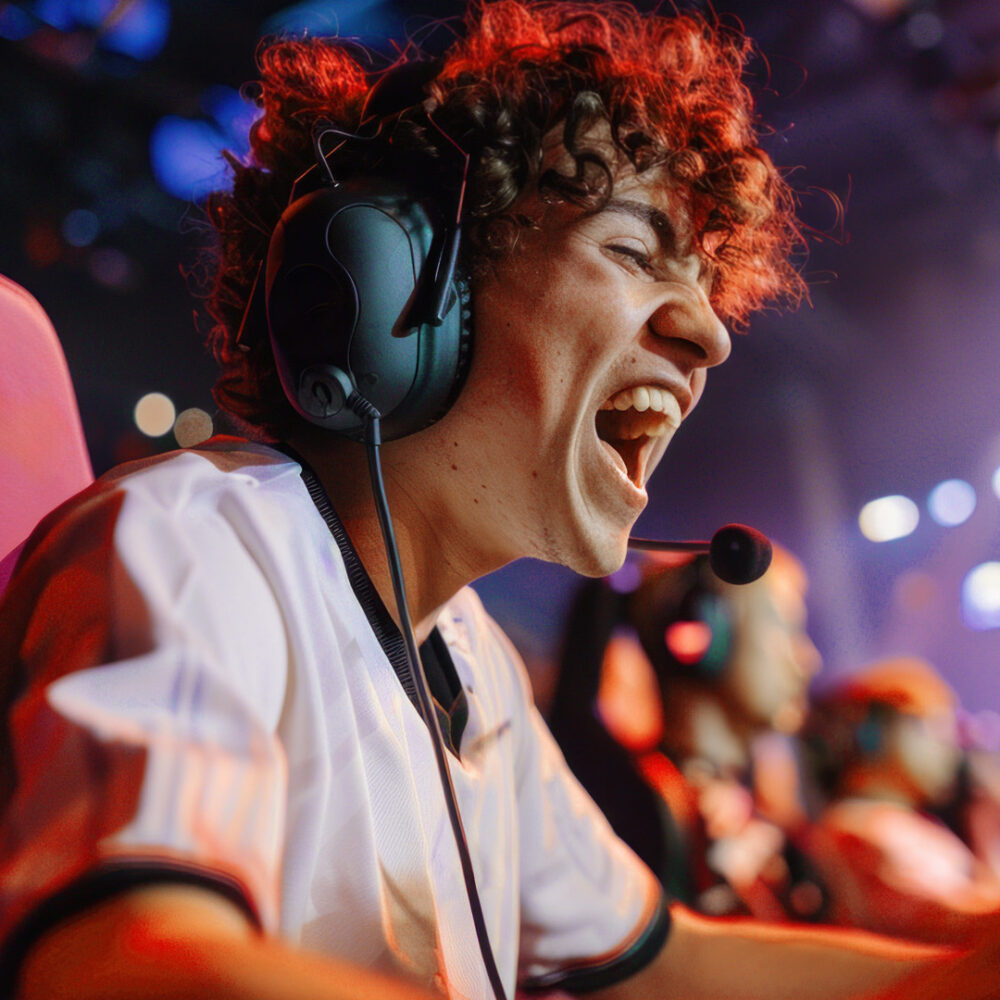
Jamk launches new gametech and esports project initiatives
Jamk University of Applied Sciences is launching three new game and esports related RDI projects in Central Finland.
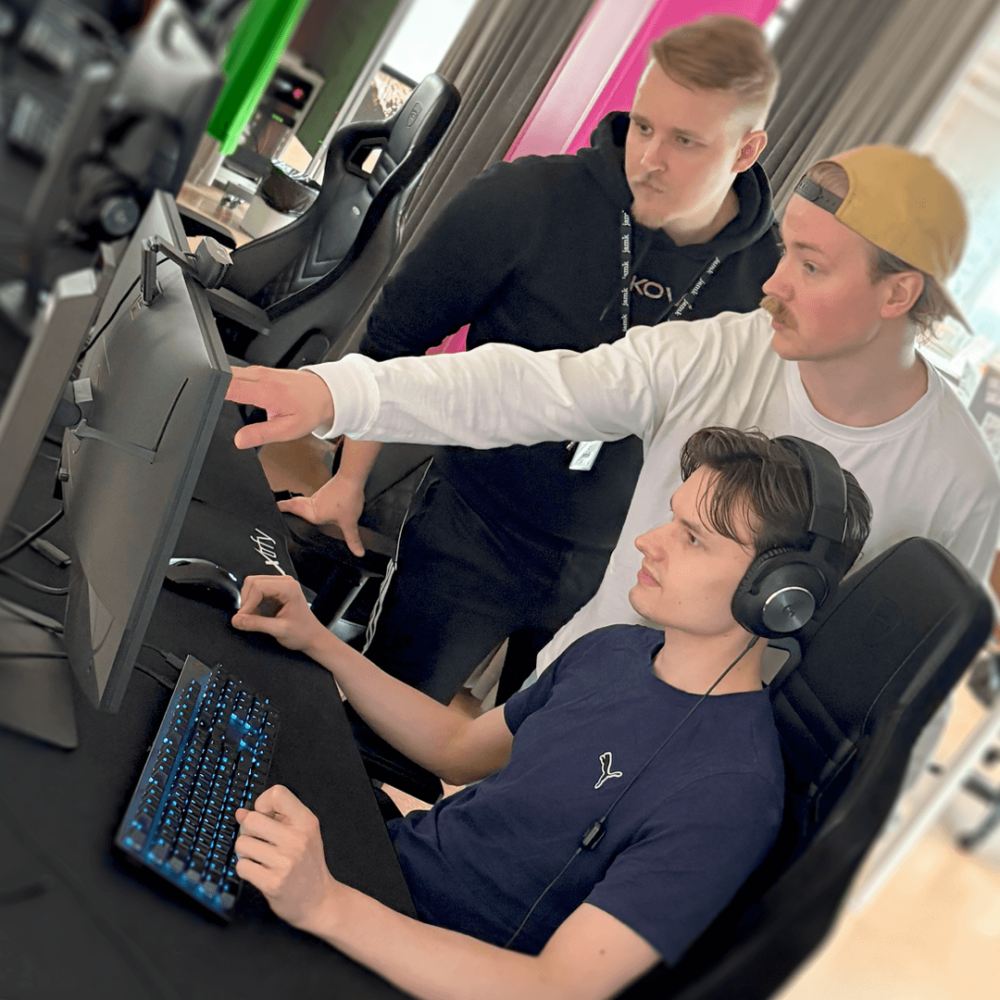
The study investigates the effects of physical warm-up on aiming accuracy in FPS games
In spring 2025, research measurements will be conducted at GamePit Pro to analyze how different forms of physical warm-up impact aiming performance in FPS games, using the data collected.
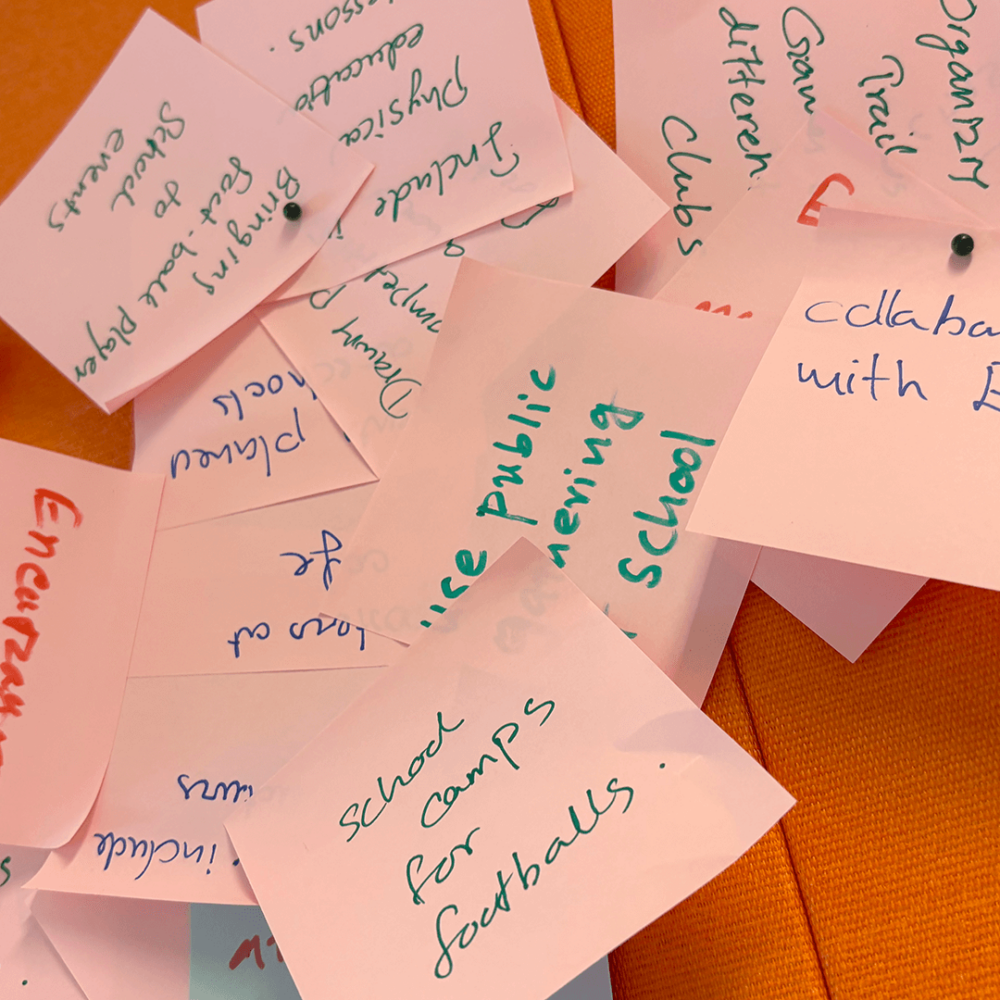
Ideas for e-football from the InnoFlash course
The InnoFlash week gathered Jamk students for an esports-themed assignment. Eight teams prepared a total of 24 concepts aimed at engaging new interested members to join football clubs through e-football.
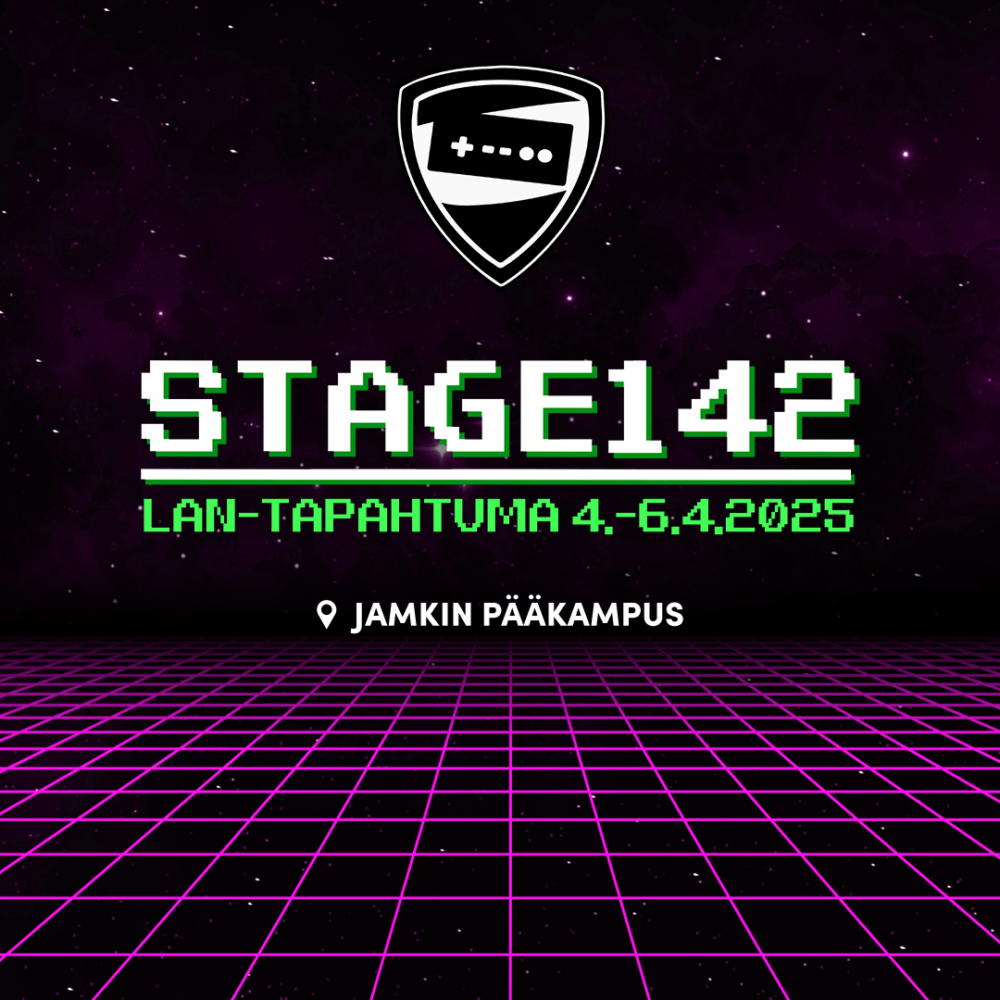
Stage142 returns to Jamk in April!
Stage142, will gather the LAN crowd to Jamk main campus once again from April 4th to 6th! The event is organized by Jyväskylä Esport Association.